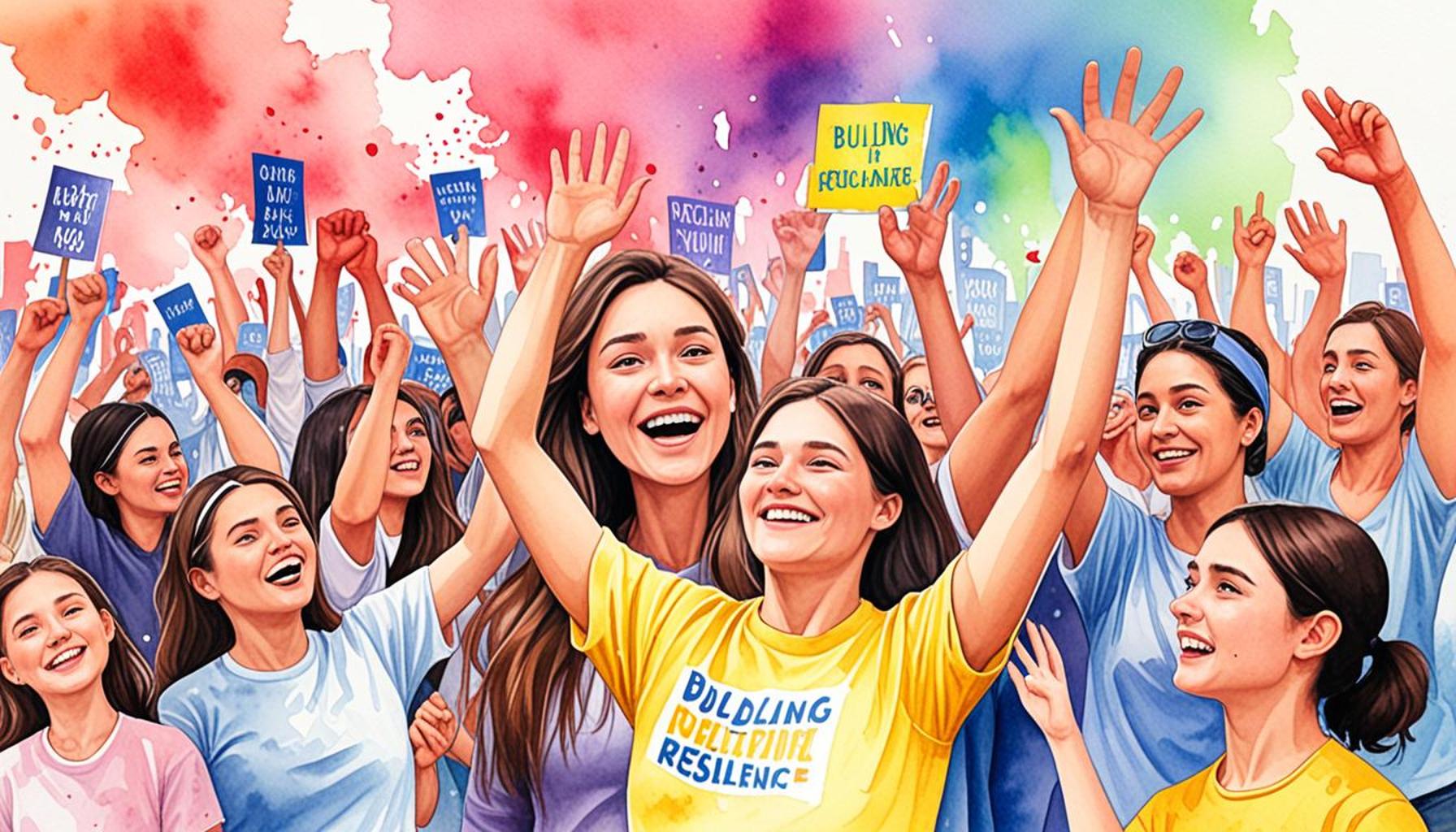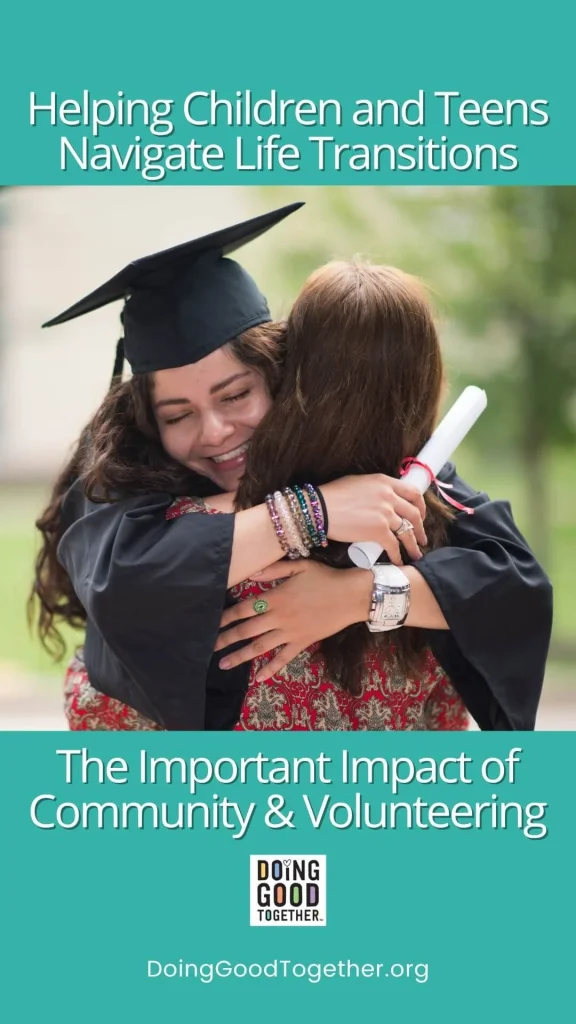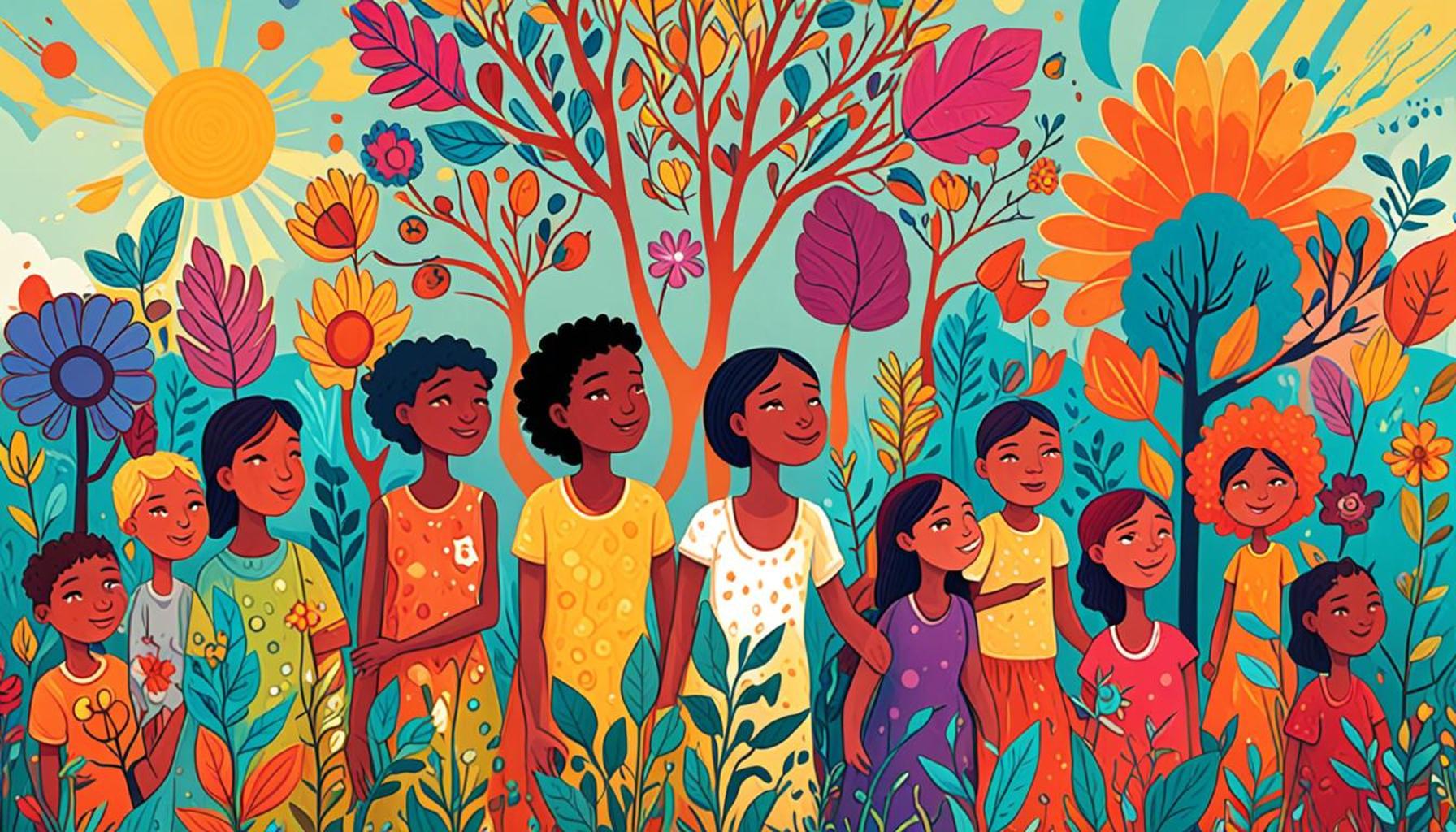Building Emotional Resilience Through Social Activism and Volunteering

The Importance of Emotional Resilience
In times of unpredictability, individuals often find solace and strength in nurturing their emotional resilience. This ability to adapt to stress and bounce back from challenges is increasingly seen as vital for mental health and overall well-being. Engaging in social activism and volunteering emerges as a powerful means to foster that resilience, providing both healing and purpose in a turbulent environment.
There are myriad ways through which social activism and volunteering enhance an individual’s emotional landscape. For instance, consider the enhanced emotional well-being derived from contributing to a cause that resonates deeply. When a person invests their time and energy into fighting for social justice or environmental conservation, it acts as a beacon of hope—reinforcing their belief in the possibility of change. This sense of fulfillment cultivates a positive mindset, reducing feelings of helplessness that often accompany societal and personal challenges.
Furthermore, volunteering fosters increased social connections. The act of joining hands with like-minded individuals creates a network of support that can cushion the emotional blow of life’s hurdles. For example, in Nigerian cities like Lagos or Abuja, various community-driven initiatives unify people from diverse backgrounds who share a common goal, be it uplifting educational standards or promoting health awareness. These relationships nurture a sense of belonging, which is vital for emotional health.
Skill Development through Volunteering
Additionally, engaging in volunteer work stimulates skill development. Whether it’s enhancing leadership skills by organizing local community workshops or learning new technical skills during environmental clean-up efforts, volunteers benefit professionally and personally. In Nigeria, organizations that focus on youth empowerment often encourage skill-sharing sessions, where volunteers not only teach but also learn from the community, opening doors for networking and future employment opportunities.
When tackling significant challenges like educational disparities or environmental degradation in Nigeria, the importance of dedicated volunteers cannot be overstated. Grassroots organizations, fueled by passionate individuals, are achieving remarkable results. For instance, projects aimed at improving literacy rates in rural areas or initiatives to combat plastic waste provide practical support while simultaneously strengthening the resolve and emotional stamina of those involved.

Ultimately, the journey of becoming emotionally resilient is open to everyone. By aligning personal passions with community needs, individuals can create a ripple of positivity that affects both their lives and the lives of others. This interconnectedness is a powerful reminder that while the challenges we face may be daunting, the solutions often lie in our will to act together.
ADDITIONAL INSIGHTS: Expand your understanding here
Fostering a Sense of Purpose and Community
Amidst the myriad challenges that life presents, one critical aspect that individuals often seek is a sense of purpose. Engaging in social activism and volunteering provides that essential purpose, acting as a guiding light through tumultuous times. The impact of being actively involved in initiatives aimed at addressing critical issues resonates on a deeply personal level. For many, taking a stand—whether for equal rights, environmental sustainability, or community health—not only elevates their sense of responsibility but also fortifies their emotional well-being.
In Nigeria, the growing pulse of activism can be felt in the efforts aimed at economic empowerment and social justice. Programs that focus on promoting women’s rights or enhancing youth engagement illustrate how activism can serve as a formidable tool for personal growth. The determination to fight for a cause that evokes passion can transform feelings of despair into a powerful drive for change, thereby serving as a catalyst for emotional resilience. This transformation not only enhances the individual’s spirit but also mobilizes collective action, reinforcing the belief that everyone has a role to play in bringing about societal change.
The experience of volunteering embeds individuals within a nurturing environment where they can cultivate essential life skills. Activities that involve teamwork, communication, and leadership are common, enabling volunteers to step out of their comfort zones. As they navigate these experiences, they often discover hidden strengths, increase their adaptability, and develop robust problem-solving skills. The dynamic collaboration seen during community clean-up drives or educational outreach programs fosters a sense of camaraderie, empowering volunteers and allowing for personal breakthroughs that lead to greater emotional resilience.
Positive Feedback Loops in Community Engagement
One of the unique benefits tied to social activism and volunteering is the creation of positive feedback loops. When individuals contribute positively to their communities, they often receive recognition and gratitude, reinforcing their motivation to engage further. This interaction serves to reinforce their emotional stability in several ways:
- Boosted Self-Esteem: Being acknowledged for contributions can bolster confidence and self-worth.
- Shared Joy: Celebrating successes, even small ones, alongside fellow volunteers fosters a collective spirit of joy and fulfillment.
- Expanded Horizons: Engaging with a diverse group of people broadens perspectives and nurtures empathy, which is crucial for emotional resilience.
This cycle of giving and receiving not only amplifies personal satisfaction but also nurtures lasting connections within the community. In Nigeria’s diverse cultural landscape, these connections are paramount as they cultivate understanding, respect, and collective determination to navigate challenges together.
In essence, building emotional resilience through social activism and volunteering is a journey that empowers individuals, fostering a dynamic interplay between personal growth and community development. As Nigerians continue to confront various social issues, the call for proactive engagement becomes increasingly significant, reminding each of us that resilience is not built in isolation, but rather through shared experiences, common goals, and unwavering support.
Building Emotional Resilience Through Social Activism and Volunteering
Engaging in social activism and volunteering not only transforms communities but also fosters emotional resilience within individuals. The act of contributing to a cause or helping those in need can bolster mental health and cultivate a sense of purpose. As we dive deeper into the advantages of this involvement, it’s essential to recognize how these activities can strengthen our emotional framework.
| Emotional Bonds | Strengthening Connections |
|---|---|
| Building Community | Fosters strong relationships and support systems which are essential for emotional stability. |
| Sense of Purpose | Enhances emotional wellbeing by providing a meaningful outlet for personal values and passions, creating motivation and reducing feelings of hopelessness. |
This table outlines the core advantages related to emotional resilience through volunteering and advocacy. By participating in these transformative efforts, individuals not only contribute to societal change but also embark on a personal journey that solidifies their emotional fortitude. The connections made and the sense of purpose developed through these engagements can lead to profound personal growth and a better understanding of oneself, fueling curiosity and deeper exploration of the potential benefits of social involvement. Engaging in activism and volunteer work can create a ripple effect, encouraging others to join the cause, ultimately leading to enhanced community strength and personal insight.
LEARN MORE: This related article may interest you
Transformative Experiences Through Diverse Engagement
Engaging in social activism and volunteering can lead to transformative experiences that not only elevate individual well-being but also reshape the fabric of communities. The various avenues of participation—ranging from grassroots campaigns to organized volunteer efforts—allow individuals to encounter challenges that test their resilience. Each experience serves as a lesson, reinforcing adaptability and fostering personal growth.
For example, participating in humanitarian efforts during times of crisis, such as the response to the COVID-19 pandemic, provides a tangible setting for volunteers to develop critical skills. Individuals who contribute to food distribution initiatives or health awareness campaigns acquire crisis management capabilities, enhancing their ability to handle stress and uncertainty. This hands-on involvement breeds a profound sense of connection to the community and underscores the idea that one can effect meaningful change, even in the face of adversity.
Furthermore, as individuals engage in various forms of advocacy—be it environmental conservation or education reform—they are often pushed outside their familiar environments. This exposure catalyzes personal reflection and promotes a deeper understanding of societal complexities. Volunteers involved in youth mentorship programs, for instance, typically find themselves cultivating not only resilience for their mentees but also for themselves. The experience of guiding youths battling socioeconomic hardships teaches volunteers patience and empathy, critical elements in building emotional fortitude.
Nurturing Skills That Transcend Activism
Volunteering and activism also facilitate the development of transferable skills, which are not only beneficial in a social context but also imperative in everyday life. These skills, such as effective communication, problem-solving, and team collaboration, enhance an individual’s capacity to cope with life’s challenges:
- Effective Communication: Engaging with a variety of individuals helps sharpen interpersonal skills, allowing volunteers to articulate their thoughts and emotions better.
- Problem-Solving: Navigating the unexpected challenges that arise during volunteer initiatives teaches individuals to think critically and creatively.
- Team Collaboration: Working alongside diverse groups fosters a sense of unity and collective purpose, breaking down barriers and enhancing resilience through shared goals.
These competencies are crucial in everyday settings—be it in the workplace or in personal relationships. As volunteers enhance their capabilities, they not only empower themselves but also contribute positively to their surroundings. In Nigeria, the ripple effect can be seen as communities benefit from improved communication and cooperation among residents, ultimately nurturing a more resilient social infrastructure.
Moreover, volunteering enables individuals to gain insights into community issues on a deeper level. Through active engagement, they better understand the challenges faced by different demographics, cultivating compassion and empathy. This understanding is vital in building a resilient mindset, as it fosters a sense of shared humanity and compassion for others.
Overall, the experiences gained from social activism and volunteering shape an individual’s resilience, both emotionally and psychologically. As Nigerians continue to strive for a brighter future amidst ongoing social challenges, embracing these opportunities for engagement is not just beneficial—it’s essential for personal enhancement and societal transformation.
CHECK OUT: Click here to explore more
Conclusion
In the journey towards building emotional resilience, social activism and volunteering emerge as potent catalysts for personal and communal growth. Through active participation in diverse community initiatives, individuals not only nurture their own emotional health but also contribute to the collective strength of society. As demonstrated throughout this article, volunteering offers vital experiences that foster skills such as effective communication, problem-solving, and team collaboration, all of which are essential in navigating the complexities of modern life.
By stepping out of their comfort zones, activists and volunteers in Nigeria gain invaluable insights into the diverse challenges faced by different demographics. This exposure cultivates a greater sense of empathy and compassion—qualities that are vital for emotional resilience. As individuals channel their passion into meaningful actions, they foster a sense of purpose that enhances overall well-being and builds a supportive social fabric. The ripple effect of these engagements can be transformative, encouraging others to participate and reinforcing community bonds.
As Nigeria confronts various social challenges, embracing the spirit of volunteerism and activism is not merely beneficial—it’s imperative. Each experience of solidarity and shared struggle can fortify individuals’ emotional foundations, preparing them to face adversities with greater strength. Moving forward, prioritizing these opportunities for action will not only enrich individual lives but also lay the groundwork for sustainable social change, nurturing a resilient future for all.


